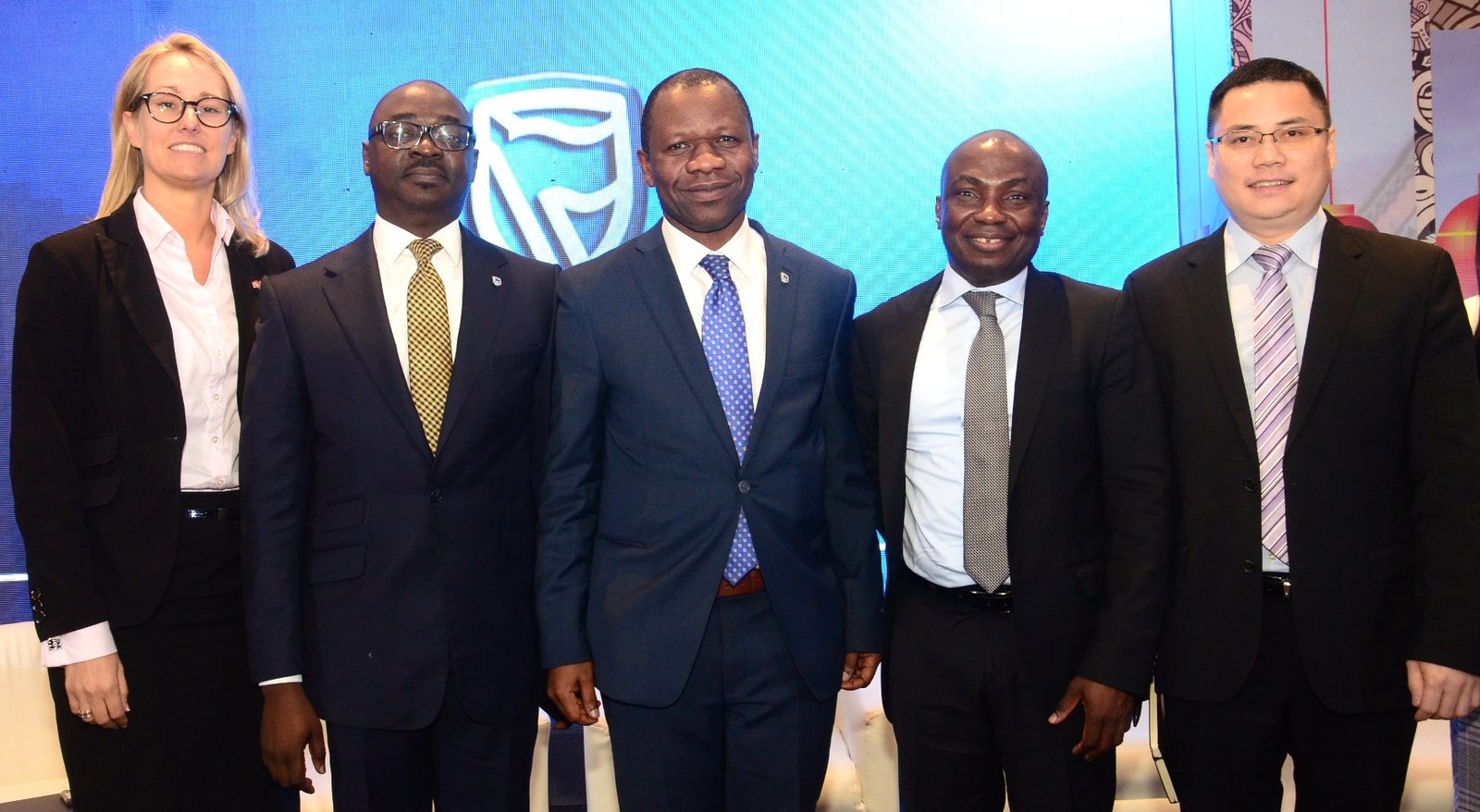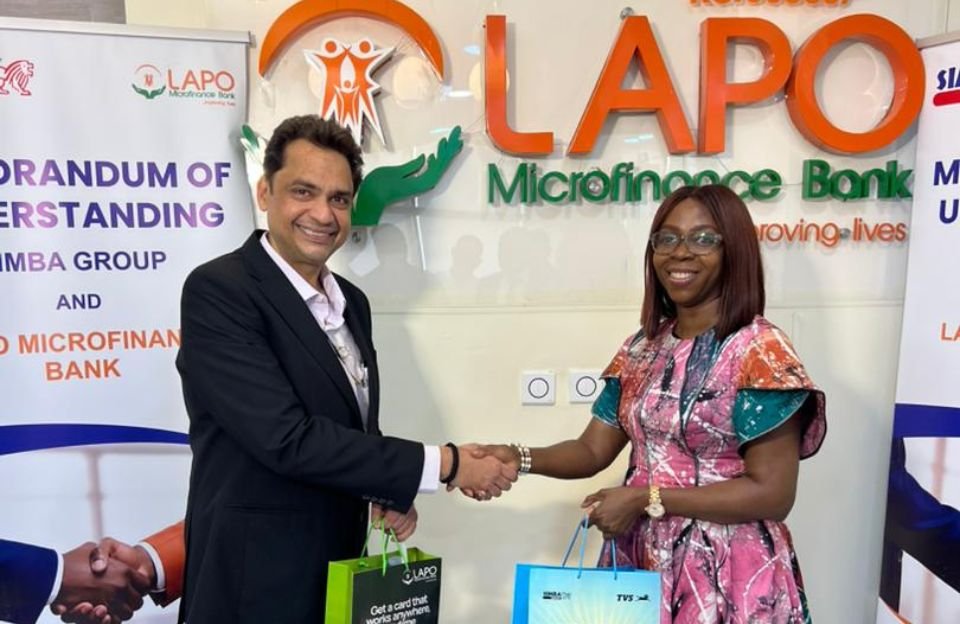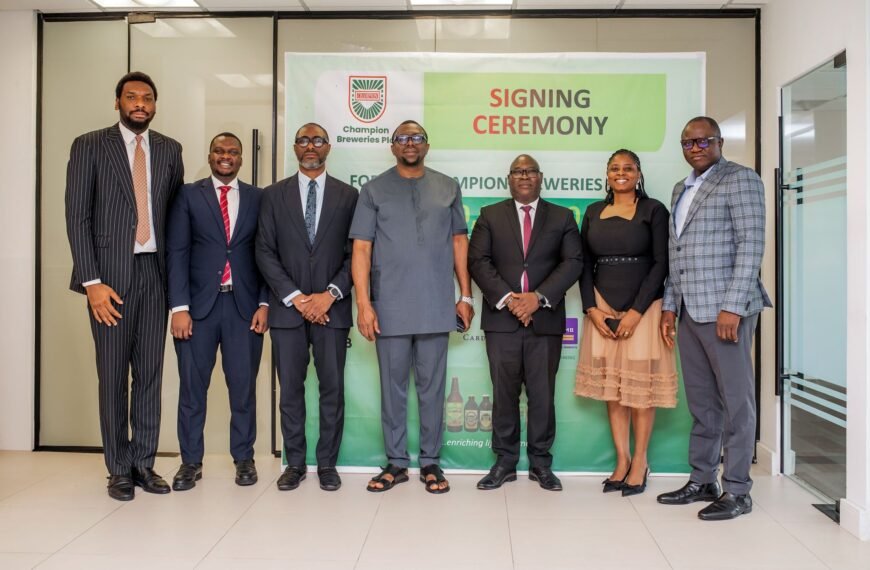

Stanbic IBTC Introduces ACAP
Stanbic IBTC Bank has launched an Africa-China Agent Proposition (ACAP) which aims to assist Nigerian importers source and validate quality goods, safely and efficiently, from the most competitive suppliers in China.
The ACAP offering is expected to revolutionise African importers’ view of China’s supplier universe. It would also ease the cash flow of African importers by providing access to financing while empowering importers with sight and control of the entire importing and logistics process.
The offering, which is expected to connect African importers and Chinese exporters and open China to Africa, was officially launched in Nigeria recently and would also be launched in Ghana and South Africa with other markets in Standard Bank’s African footprint to follow before the end of 2019.
Currently, Nigerian importers order from only a handful of trusted Chinese suppliers. This, according to a statement from the bank, limits the negotiating power of African importers while stacking the terms of trade against them. While ordering online provides access to a wider range of suppliers, online imports cannot guarantee the quality of goods.

“In most cases too, advance payments for goods is required. This is often demanded in cash, without reciprocal guarantees of delivery or quality. This means that Nigerian importers often carry a disproportionate burden of risk in most transactions.
“Language and cultural barriers are also a challenge for African importers when travelling and negotiating supplier agreements in China.
“In response to these challenges, and in light of the vast opportunity that China presents as a trading partner, Standard Bank, the biggest bank in Africa, has leveraged its partnership with the Industrial and Commercial Bank of China (ICBC), the biggest bank in the world, to connect African importers with a dedicated trade agent in China,” the statement added.
According to the Head, Africa China Integration, Standard Bank, Dr. Manessah Alagbaoso, he noted that, “The ACAP offering- underpinned by a letter of credit- will deepen trust in Africa-China trade relationships, guaranteeing African importers access to the best suppliers in China, the best payment terms and the best quality”.

Alagbaoso stated further that, If any of the terms of the letter of credit are not met, payment will not be made. As such, the offering would, “place African importers in a much stronger negotiating position when it comes to the price, quality and efficiency of importing Chinese goods”.
At the same time, “Chinese suppliers can be confident that once the terms of the letter of credit have been met, payment will be made in full and on time – guaranteed by Stanbic IBTC Bank or Standard Bank and ICBC,” he added.
In his remarks, Chief Executive, Stanbic IBTC Bank Plc, Dr. Demola Sogunle, reaffirmed the bank’s objective of constantly exploring opportunities of adding significant value to the businesses of its customers.
“Stanbic IBTC has established market leadership in several financial services segments, and our ultimate goal is to continually leverage on our connections, knowledge and experience in delivering impeccable service and value that would similarly make our customers not just get ahead but emerge leaders in their respective business segments and ACAP is another of such enablers,” Sogunle added.
















